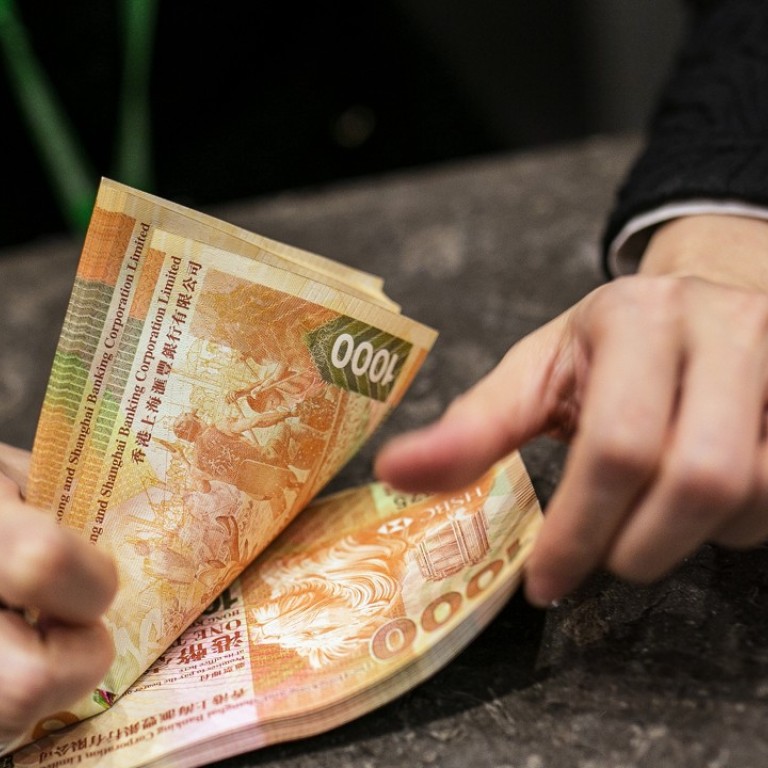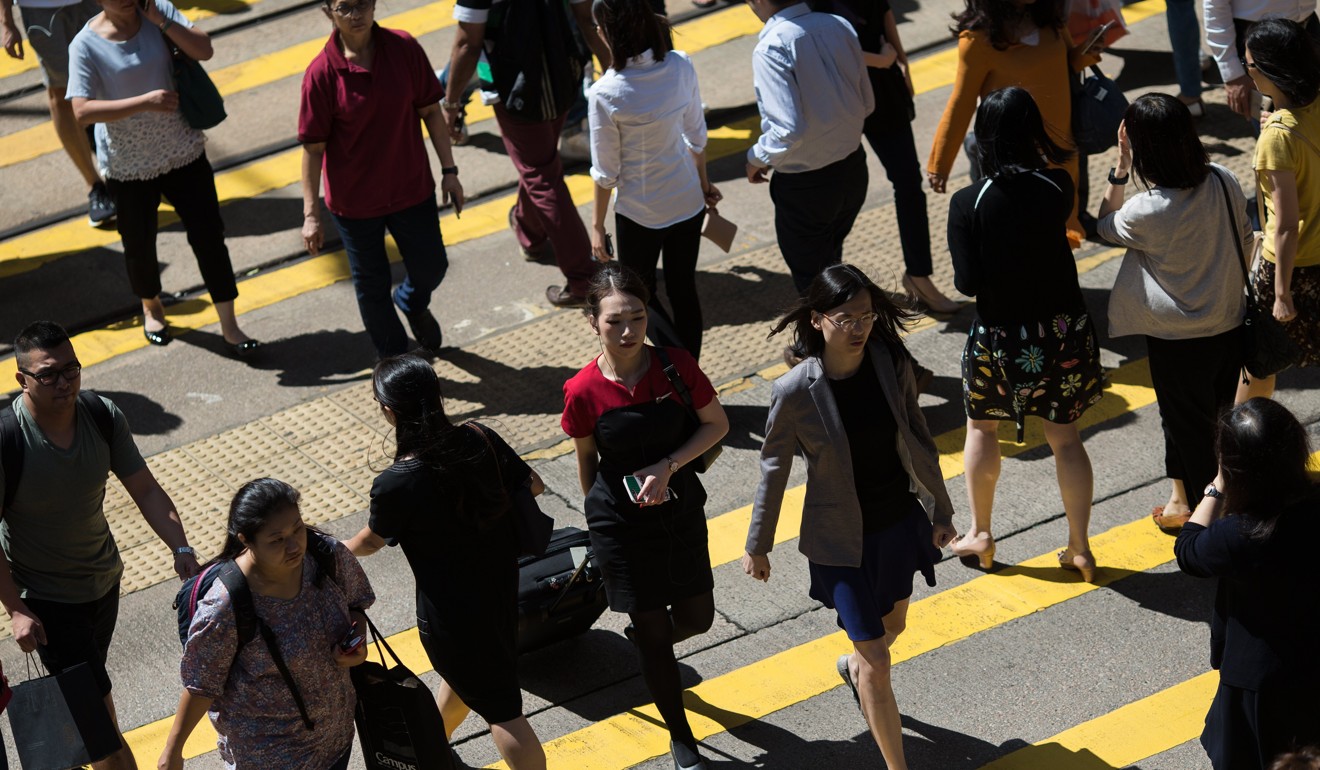
Six-month extension for Hong Kong’s Fraud and Money Laundering Intelligence Taskforce marks unit’s uncertain future
A full-scale review will take place in coming months as sources warn that if the task force’s potential is not realised, city risks losing big banks to other jurisdictions with more effective systems
A groundbreaking task force which aims to haul Hong Kong’s fight against money laundering into the 21st century has been handed a six-month extension to its year-long trial status.
Formed in response to global concern that current systems to identify, disrupt and seize the massive flow of dirty money through the international financial network are not fit for purpose, the Fraud and Money Laundering Intelligence Taskforce (FMLIT) was set up last May.
In Hong Kong’s fight against dirty money, officials vow to ‘address gaps’
However, the long-term future of the unit – one of only six of its kind in the world alongside the United States, Singapore, Britain, Canada and Australia – hangs in the balance pending a full-scale review in the coming months.

Late last year, Hong Kong’s newly minted task force was one of six similar initiatives featured in a report published by the Royal United Services Institute, the world’s oldest defence and security think tank.
Titled “The Role of Financial Information Sharing Partnerships in the Disruption of Crime” the report painted a bleak picture of the effectiveness of the systems in place to tackle money laundering and flows of funds to and from international crime syndicates and terrorist organisations.
Revealed: number of suspicious financial transactions in Hong Kong more than quadruples in six years
“The current system for reporting suspicions of money laundering, terrorist financing and
other serious crimes through the international financial system is not working effectively,” the report stated.
“There is still some way to go before the entire anti-money-laundering system responds to the character of modern financial crime – which operates in real time, is most often international in scale and can be highly sophisticated and adaptive to avoid detection.”
The United Nations Office on Drugs and Crime estimates less than 1 per cent of criminal funds flowing through major economies and offshore centres every year are seized and frozen by police and other anti-crime bodies.

A senior law enforcement source in Hong Kong told the Post: “The Hong Kong government talks about its desire for us to be a smart city all the time.
“That desire must extend to action against financial crime. If they don’t grasp the potential of the Fraud and Money Laundering Intelligence Taskforce, then it’s possible that the big banks – who are increasingly investing time and money in compliance – might begin to think about the possibility of relocating to jurisdictions which have more effective intelligence exchange mechanisms.”
If they don’t grasp the potential of the task force, then it’s possible that the big banks might begin to think about relocating
A police spokesman said: “All members of the FMLIT have agreed to extend the pilot project for a period of six months during which a comprehensive review will be conducted to decide the way forward.
“A small team of officers have been dedicated to the work of the FMLIT. Staffing issues will be examined during the review.”
Earlier this month, in a follow-up article on its study in which Hong Kong featured, the director of the institute’s Centre for Financial Crime and Security Studies, Tom Keatinge, said: “What do Hong Kong, London, Dubai, Singapore, New York, Mumbai and a handful of other cities around the world have in common? They are all money centres that regularly feature in financial crime scandals.
“Between them, these cities provide all the necessary professional services – lawyers, accountants, bankers and trust and company services providers – and investment opportunities, chiefly real estate, for those seeking to undertake the large-scale laundering of the proceeds of organised crime and grand corruption.”
Millions in laundered cash from email scams filtered through Hong Kong, police say
That audit team is expected to arrive in the city at the end of October to conduct a detailed probe into how well, or otherwise, Hong Kong is faring in the battle against the increasingly sophisticated methods global criminal and terrorist networks used to hide and clean dirty money.

